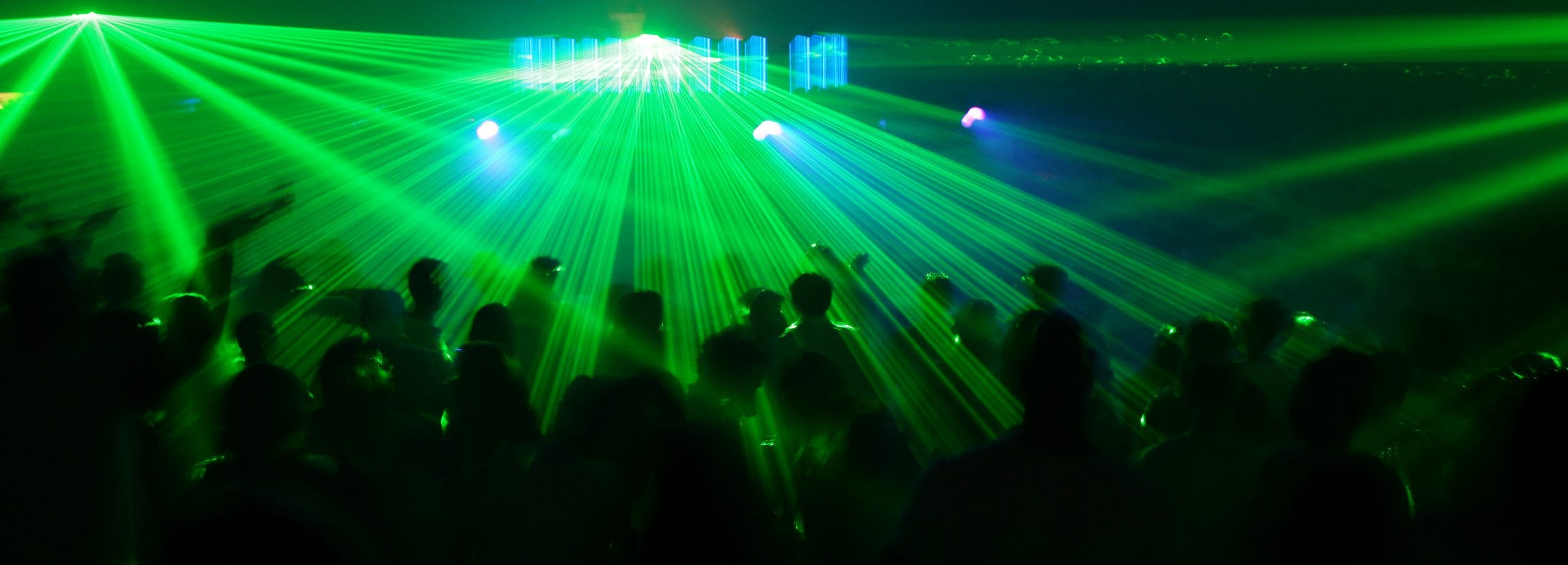
A new study has predicted that the UK could soon have below 5,000 nightclubs, continuing a trend that has seen a drop from 10,040 registered clubs in 2010 to just 6,985 registered last year.

Credit: Printworks.
Using data from the Office for National Statistics (ONS), two hospitality-focussed data companies (Stampede and storekit) have sought to work out the impact of the pandemic on the sector.
Whilst their report says the overall hospitality sector, including restaurants and cafes, ‘has been remarkably resilient despite tremendous uncertainty and disruption’, it depicted a more worrying situation for the UK club scene, which has seen a steady decline in the number of venues for more than a decade.
Since 2010, the UK has seen a steady decrease in the number of registered clubs, with 10,040 falling to 8,370 by 2015, followed by a further fall to 7,230 by 2020. Last year, there were 6,985 registered clubs.
Accordingly, the report deems it ‘entirely possible that the UK will soon have less than 5,000 clubs, especially if COVID disruptions continue and capacities do not reach their maximum potential in the years ahead’. A recent snap survey from trade body LIVE has said that 25% of live music events have already been cancelled for the first three months of this year.
From this Thursday, the country’s ‘Plan B’ measures are set to end, which will include the scrapping of Covid passports being used for nightclubs – although the government have said venues can use the NHS Covid pass if they choose to. Some venues were reporting up to a 30% loss in trade as a result of these measures.
The decision was largely seen as a relief for nightclubs across the country, who can now hope to resume pre-pandemic operations. Michael Kill, CEO of the Night Time Industries Association (NTIA), said in response: ‘We welcome the removal of the restrictions for the night time economy and hospitality sector.’

Credit: Gavin Watson.
‘Following an extremely difficult two years for the night-time economy and hospitality sector, which has been, in every sense, at the sharpest end of the pandemic throughout, we are finally able to plan for the future with some level of certainty and without debilitating restrictions.’
However, warning against the problems still faced by the night-time industry, he also said: ‘With the devastating losses over the festive period, and the effects of limited cash flow being felt across the sector, our industry has been placed in an extremely fragile state, and without question will need further financial relief and support to survive.
‘Experts believe it will take several years for the hospitality and night-time economy sectors to recover, but it is important that the Government don’t simply assume the sector will be fine because restrictions have been eased. More support will be needed.’
Stuart Glen, co-founder of The Cause venue in Tottenham, meanwhile, told whynow that the last two years ‘have been very challenging, not knowing what you’re doing from one moment to the next, and having everything suddenly change once you watch the news at six o’clock – everyone’s on the phone trying to scramble around and work out what’s going on.
‘We’ve had to reinvent ourselves multiple times. We’ve managed to navigate ourselves pretty well, but a lot of other people have struggled quite a lot, if they haven’t had the right setup in the venue.’
Whilst some clubs have been able to stay afloat thanks to government funding – chiefly via the £1.57 billion Cultural Recovery Fund first announced in July 2020 – not all venues have managed to survive. Yet this, according to ONS figures, has merely continued the trend of the UK club scene for the past decade, at least.


